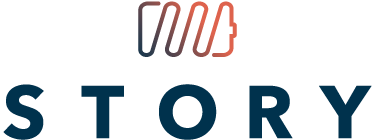Bridge
Bridge was established in November 2015 as a cooperation group for all LCE Smart-Grid and Storage projects funded under Horizon 2020. It is composed of four Working Groups: Business Models, Consumer Engagement, Data Management and Regulation. The coordination team consists of the chairs and rapporteurs of these four working groups, and Bridge meetings take place every six months. The aim of Bridge is to share knowledge, experience and best practice, and to allow projects to speak to the European Commission with one voice. Participation in Bridge also increases the profile of projects and provides dissemination opportunities. Since 2016 Bridge has grown from 17 projects, involving 242 individual organisations in 23 countries, to 29 projects involving 332 organisations in 29 countries (five outside of the EU). The total EC contribution to all projects is €237 million.
Data managment
Exchange of views between H2020 Smart Grids and Storage projects and the European Commission’s services on technical, business/regulatory and social aspects, particularly with respect to:
-Communication Infrastructure
-Cyber Security
-Data Management
Business model
Define common language and frameworks around business model description and valuation.
Identify and evaluate existing and new/innovative business models from the project demos/use cases.
Make recommendations to the European Commission on business models based on interactions with the other cross project activities.
Regulations
Identify the main current regulation issues hampering innovative projects’ use cases & suggest future regulations to facilitate their deployment.
Elaborate a set of experience-based recommendations for regulation issues for efficient integration of Storage and Smart Grids in Europe.
Customer Engagement
Deliver a ‘White Book’ targeting consortium members providing a structured review over customer engagement that can be used as a common deliverable.
Identify and discuss best practice.
Deliver key messages to policy makers.
Raise awareness about these issues and the possible consequences of not addressing them.
Disseminate findings to different audiences via workshops.
